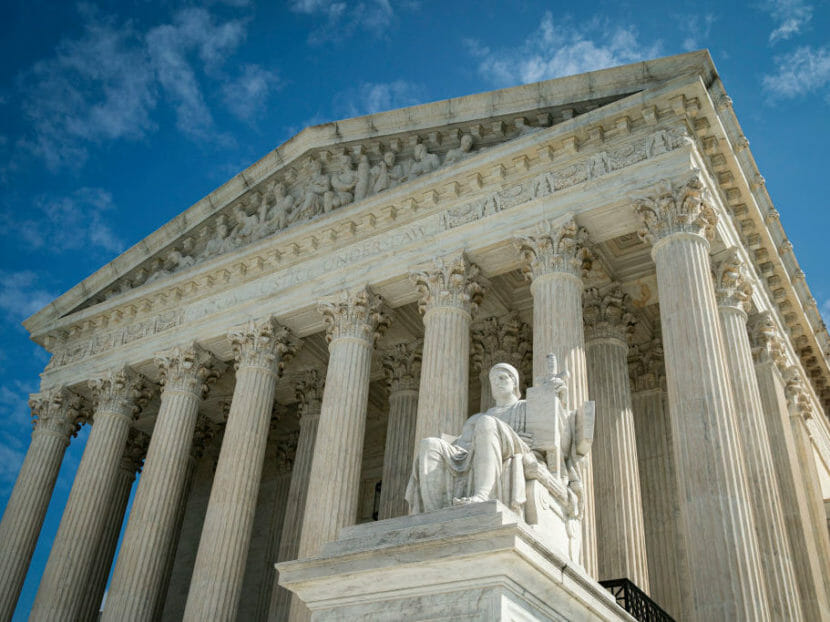
An appeal seeking to defend Alaska Gov. Mike Dunleavy’s proposed union-dues collection plan will be considered by the U.S. Supreme Court no sooner than December.
On Monday, attorneys representing the state’s largest public-employee union filed documents urging the high court to turn down the state’s request that they re-examine an Alaska Supreme Court decision that rejected the plan.
The Dunleavy administration attempted in 2019 to unilaterally change the rules for public-employee membership, saying that a 2018 U.S. Supreme Court decision requires employees to opt into their union membership annually.
Unions opposed that interpretation, and the Alaska Supreme Court rejected the state’s argument in May, concluding that the state’s interpretation of the U.S. Supreme Court case — known as Janus — was incorrect.
The Dunleavy administration appealed the state court’s decision to the U.S. Supreme Court in August.
The U.S. Supreme Court receives hundreds of appeal requests each year, but it takes up only a relative handful. Before deciding whether to consider a case, justices receive written arguments for and against.
That written process is almost complete: The state will have one final round of written arguments before the case’s documents are presented to the high court, which is expected to happen in December.
Politically conservative organizations, including the Buckeye Institute, National Right to Work Legal Defense Foundation, and the Goldwater Institute, have submitted documents in support of the state’s case.
Those organizations, plus the state of Kansas (which also submitted documents in support of Alaska) are hoping that the Supreme Court will reinterpret its 2018 case and effectively put new restrictions on public employee unions.
In 2018, the Supreme Court ruled that unions could not automatically collect so-called “fair share” fees from workers who benefited from union contracts but declined to formally join a union.
Conservative legal thinkers have argued that the decision has implications for union members as well, but judges have generally dismissed those arguments.
The U.S. Supreme Court has repeatedly declined to take up the Janus case again. It has denied more than a dozen prior appeals from lower courts on the same issue, and attorneys representing the Alaska unions concluded this week that “there have been no developments since those denials that would make the issue worthy of this Court’s review.”
